Heinrich Isaac (1450 - 1517)
 Belgique
Belgique
 Belgique
BelgiqueHeinrich Isaac (also known as Henricus, Arrigo d'Ugo, and Arrigo il Tedesco) (around 1450 ? March 26, 1517) was a Franco-Flemish composer of the Renaissance. He is regarded as one of the most significant contemporaries of Josquin des Prez, and had an especially large influence on the subsequent development of music in Germany.
Little is known about Isaac's early life, but it is probable that he was born in Flanders. It is known that he was writing music by the mid 1470s, and the first documen ... (Read all)
Source : Wikipedia
Little is known about Isaac's early life, but it is probable that he was born in Flanders. It is known that he was writing music by the mid 1470s, and the first documen ... (Read all)
Source : Wikipedia
FREE SHEET MUSIC
- FLUTE
Active criterias:
Search
| ||||||||||||||||||||||||||||||||||||||||





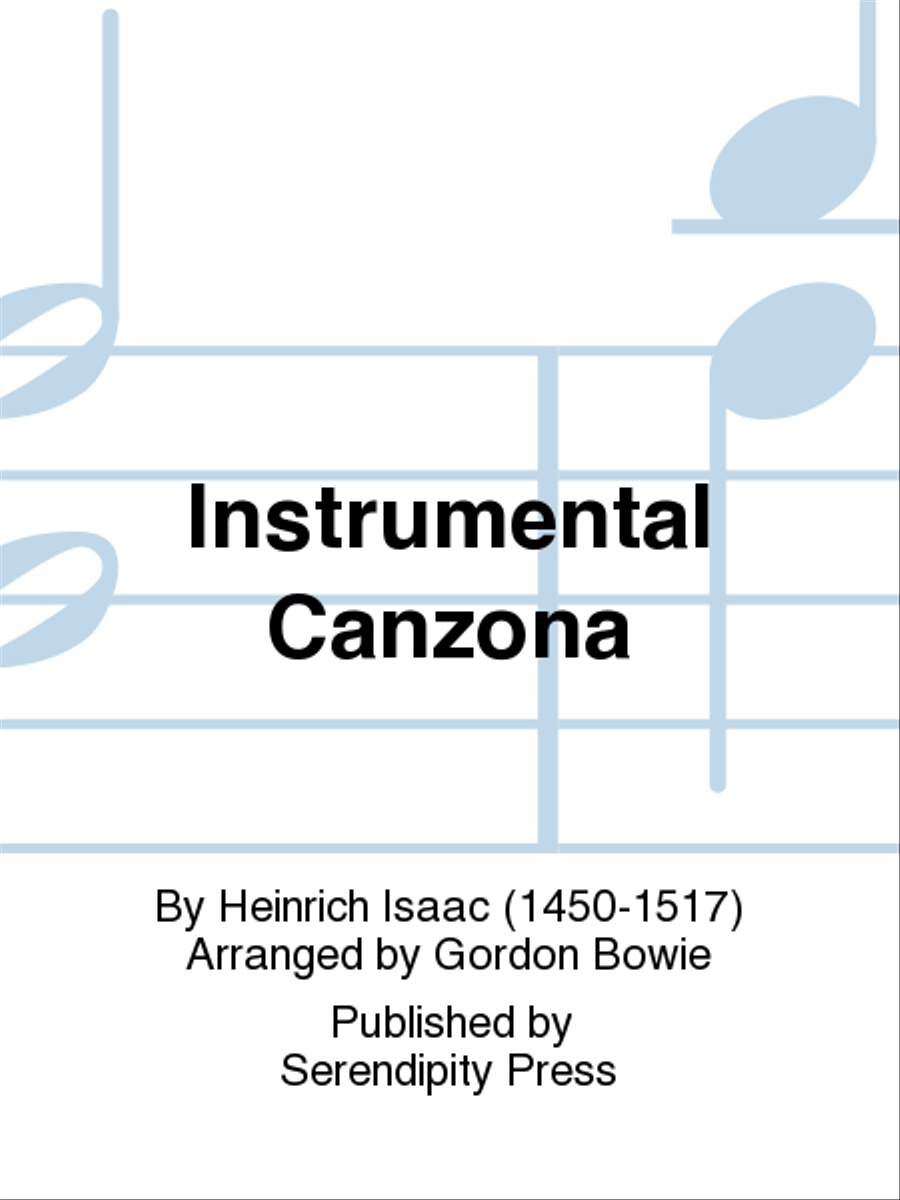
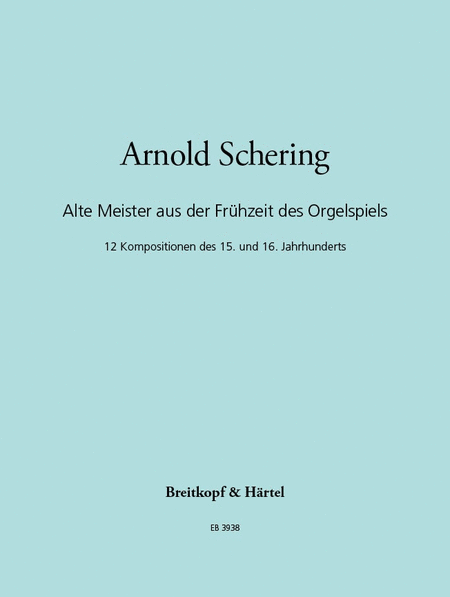
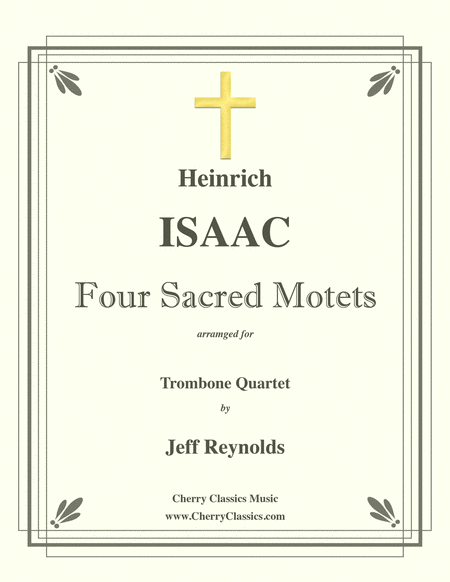
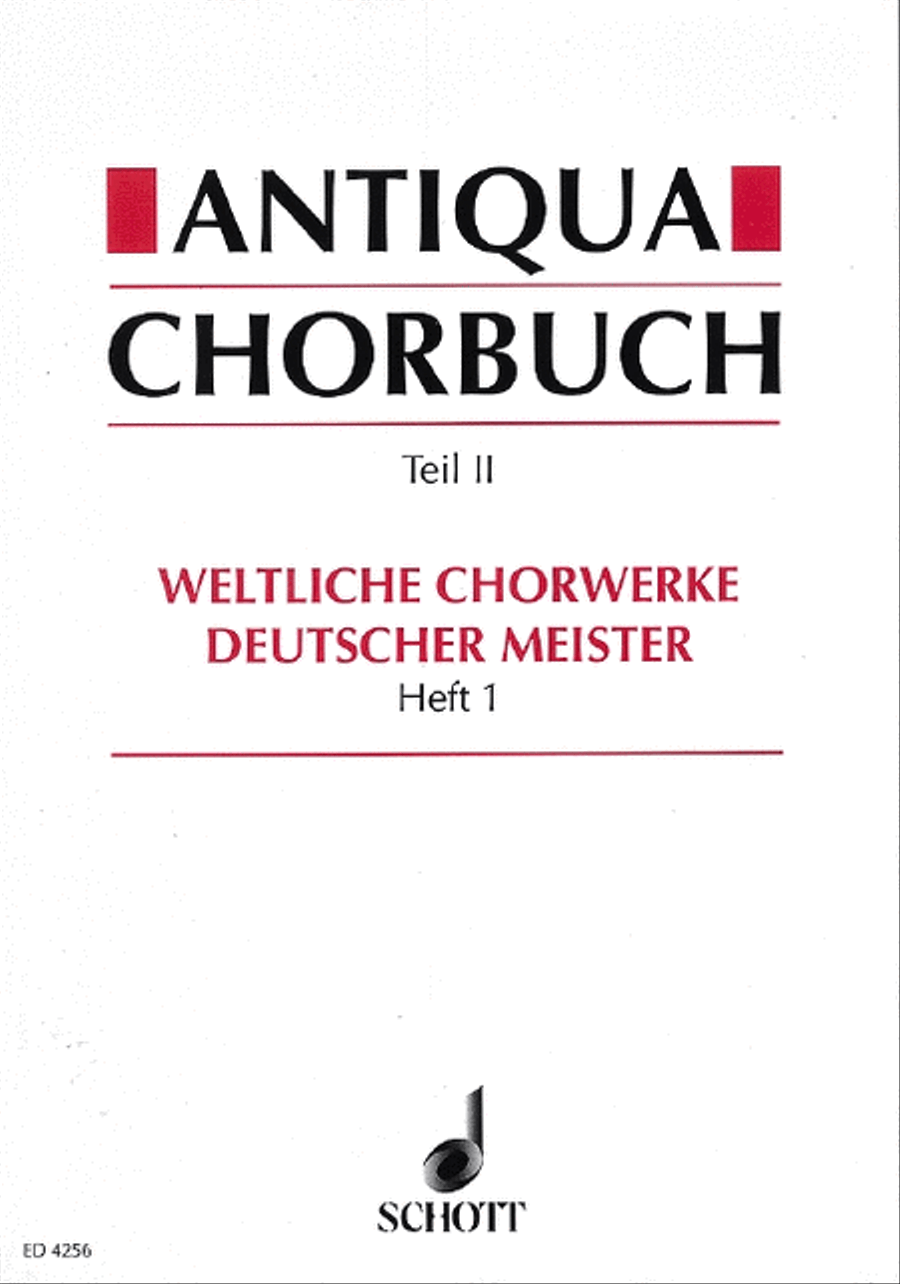
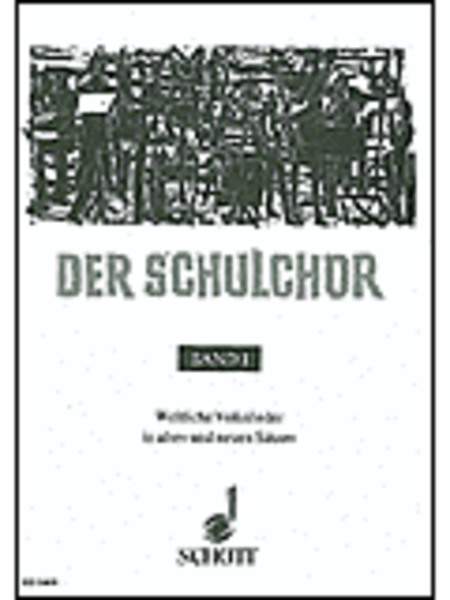
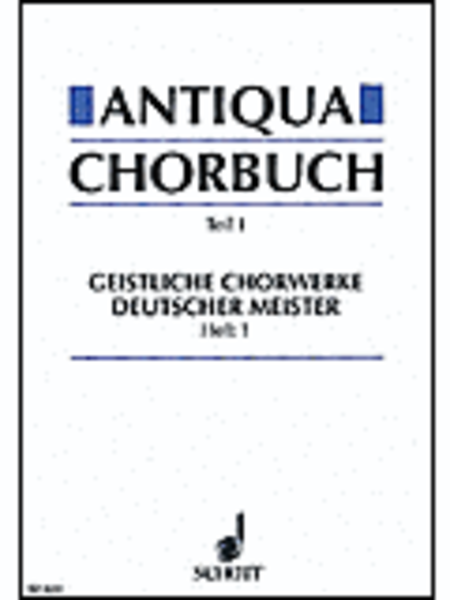
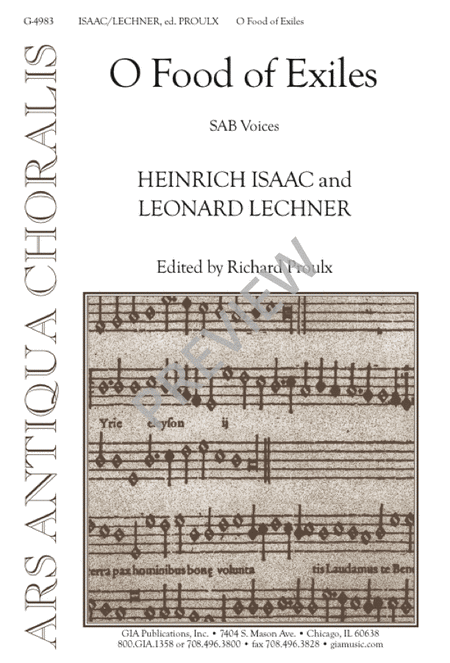
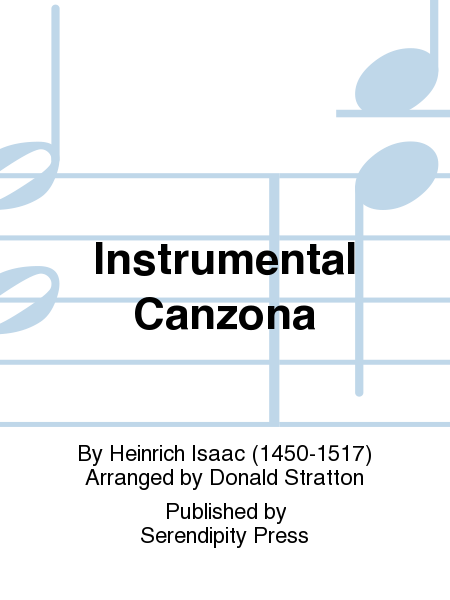






 SHEET MUSIC
SHEET MUSIC